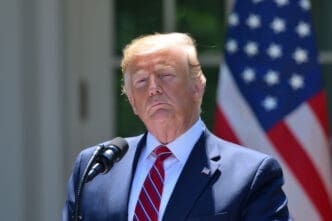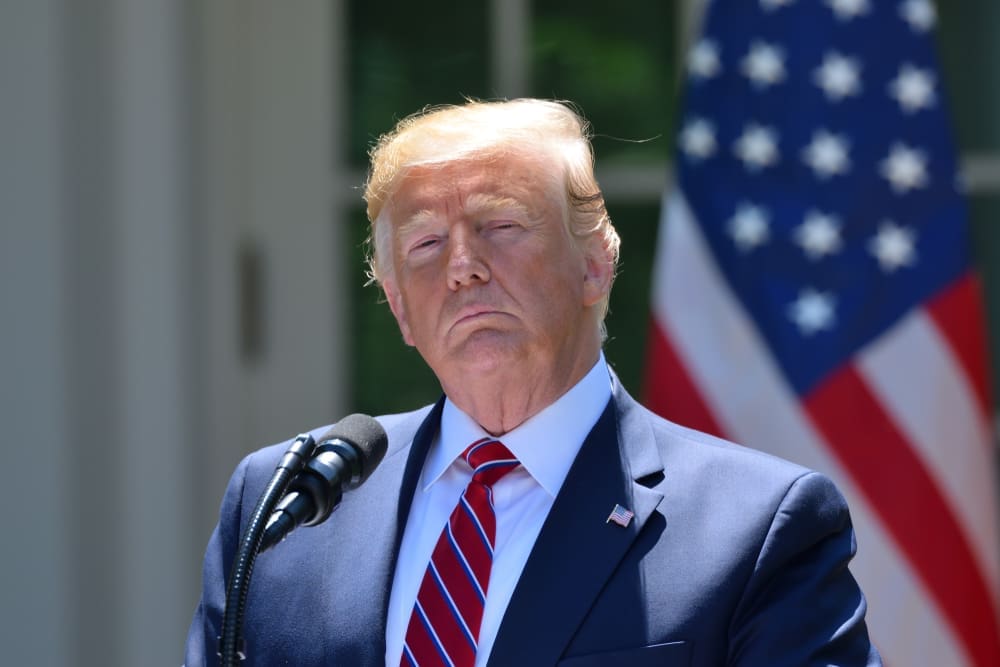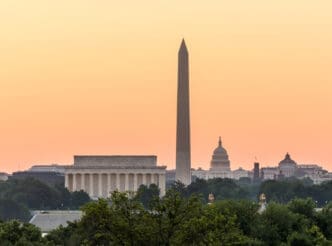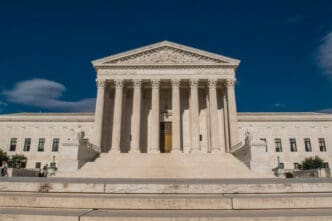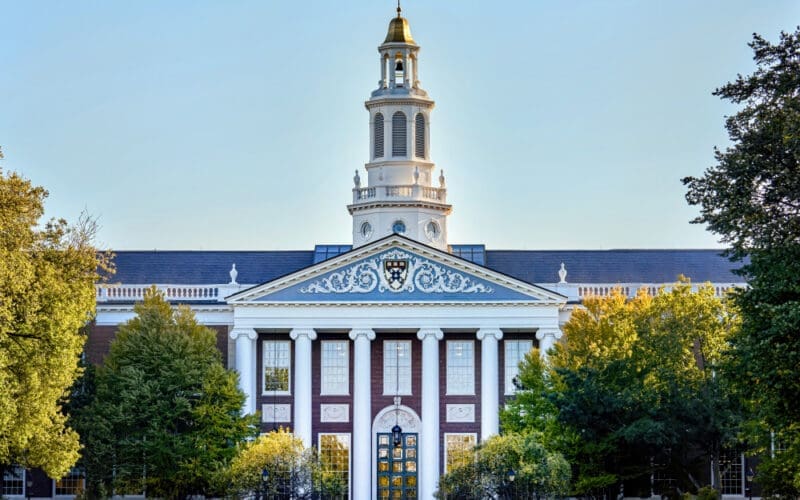The misuse of governmental authority to penalize political adversaries is a long-standing issue. Recent actions highlight this concern as the Biden administration reportedly pressured social media platforms to silence critics of White House policies. Similarly, New York allegedly threatened banks and insurance companies to withdraw services from the NRA and other gun rights advocates. In a continuation of this troubling trend, President Donald Trump has been accused of revoking security clearances and initiating investigations against law firms that oppose him politically.
In a series of executive orders issued in March, Trump targeted several law firms. Perkins Coie LLP was mentioned for its involvement in creating a controversial dossier and attempting to overturn election laws. Paul, Weiss, Rifkind, Wharton & Garrison LLP faced criticism for litigation related to the January 6 Capitol riot and efforts perceived as prosecutorial against Trump. Jenner & Block LLP and Wilmer Cutler Pickering Hale and Dorr LLP were also named for their alleged partisan activities and hiring practices that purportedly violated civil rights laws.
The administration justified these actions by pointing to the firms’ political affiliations and activities. However, these measures have raised concerns about the normalization of using state power for political retribution, a practice that should not be normalized, even amidst Washington, D.C.’s contentious political climate.
The president’s directives included suspending active security clearances for the firms, terminating federal contracts, and restricting their employees’ access to federal buildings. Additionally, federal agencies were instructed to avoid engagements with these firms, and the Equal Employment Opportunity Commission was directed to scrutinize their hiring practices.
These executive orders were perceived as an attempt to leverage governmental power against political opponents, potentially hindering the Democratic Party’s ability to compete in future elections. Critics argue that such actions threaten civil liberties by using government authority to suppress political speech and activity.
Legal experts and organizations, including hundreds of law professors and civil rights groups like the American Civil Liberties Union (ACLU), have voiced opposition. They argue that these actions contradict long-standing precedents protecting free speech, association, and the right to legal representation. The ACLU, although generally opposing the NRA’s mission, supported the NRA’s lawsuit against New York for similar reasons.
The cycle of political retribution using government power has become increasingly common, from New York’s actions against self-defense advocates to the Biden administration’s pressure on social media, and now Trump’s targeting of Democratic law firms. This cycle is difficult to halt once initiated, underscoring the need for restraint in wielding governmental power.
The Evolving Landscape
- These actions highlight the potential risks of governmental overreach and the precedent it sets for future administrations, potentially chilling political advocacy.
- Individuals and organizations may fear retribution for opposing the current administration, affecting freedom of speech and association.
- The legal profession could face increased scrutiny and pressure, impacting the principle that everyone deserves legal representation.
- Such political maneuvers may deepen partisan divisions, affecting the social and political fabric of the nation.
- The broader implications pose a challenge to civil liberties, emphasizing the need for vigilance in protecting democratic principles.

